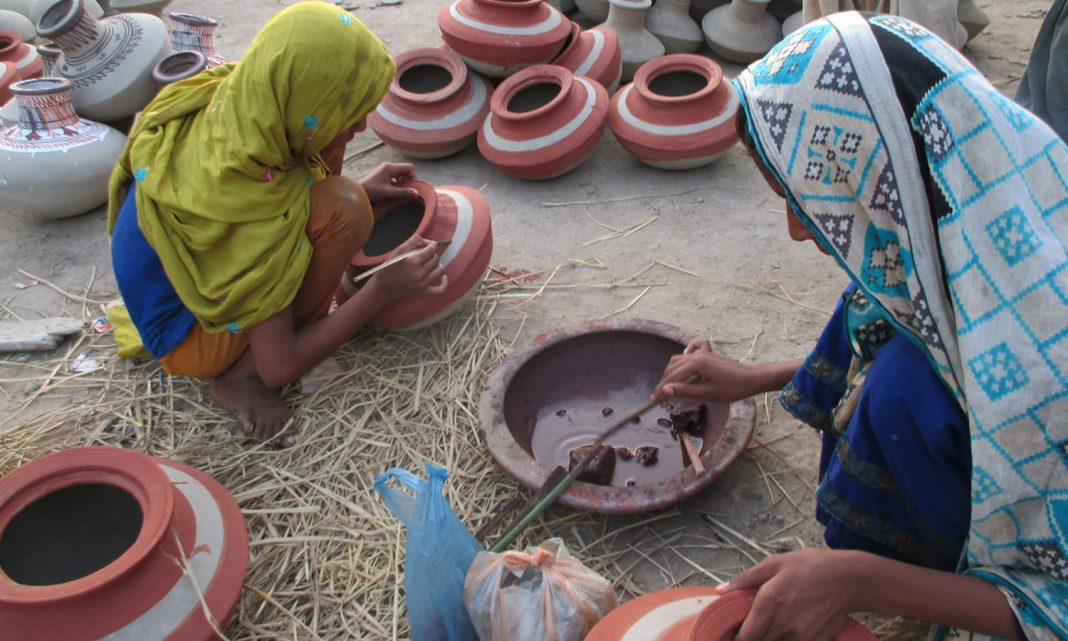This question pertains to strategies for Pakistan to bolster its local industry through the inclusion of women in the workforce and to alleviate the burden of International Monetary Fund (IMF loans. None of the provided papers directly address the role of women in promoting local industry or specific strategies for Pakistan to become independent of IMF loans. However, insights can be drawn from the broader economic implications of IMF involvement in Pakistan and the organization’s objectives. The IMF’s role in Pakistan has been a subject of debate, with studies indicating both positive and negative impacts on the country economy. While IMF loans have been associated with economic stabilization measures, they have also been linked to increased debt and stringent economic conditions that may hinder long-term growth. The negative consequences of IMF loans, such as undermining the rights to health, food, and quality of life, suggest that reliance on such loans may not be sustainable for Pakistan’s economic progress. To promote local industry and reduce reliance on IMF loans, Pakistan could focus on inclusive economic policies that leverage its workforce, including women. The involvement of women in productive capacities is crucial for socio-economic development. The foremost example is of Bangladesh, it promoted local industry for the involvement of women. It is evident that mobile technology has been instrumental in empowering women in Bangladesh, providing them with opportunities for greater social networking and autonomy. The introduction of a direct election system for women has also been a significant step in increasing women’s participation in local governance, challenging traditional gender identities and power relations. Microfinance initiatives have played a crucial role in involving women in socio-economic activities, thereby contributing to their empowerment and poverty reduction. The ready-made garment (RMG) industry, despite recent declines in employment, has historically provided women with improved social status and reduced dependence on patriarchal structures. Education has been identified as a significant factor affecting women’s empowerment, with higher education levels correlating with increased self-esteem and control over resources. These are some strategies for promoting local industries, they highlight the importance of technology, governance reforms, microfinance, education, and key industries like the RMG sector in empowering women and facilitating their involvement in the economy. These elements can be considered part of a broader strategy to promote local industry and women’s participation therein. In Pakistan, Women population constitutes more than half of the total population, in which only 10% are working women. By getting them involved in local industry, their living standard may be increased at individual level and overall GDP may be progressed at the national level.
Must read
© 2024. Pakistan Khabar. All Rights Reserved.




